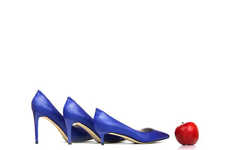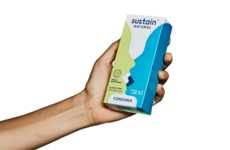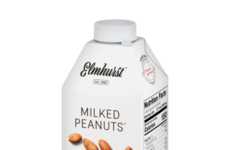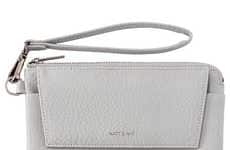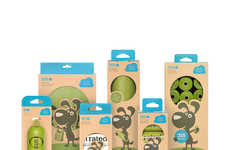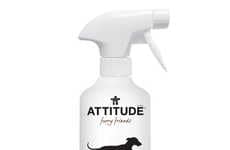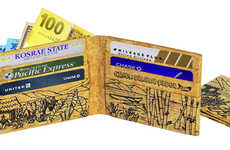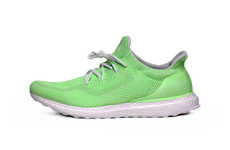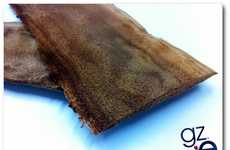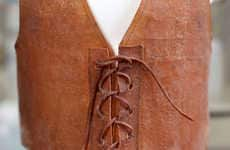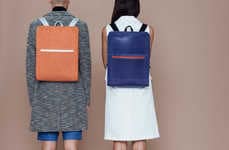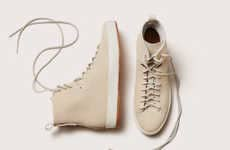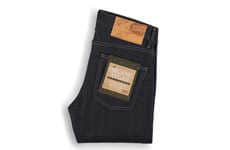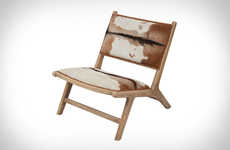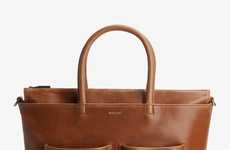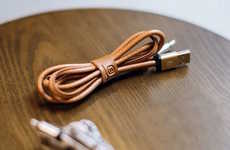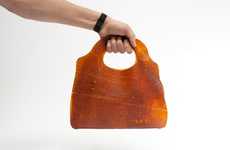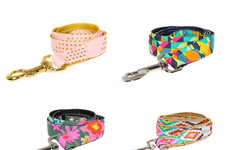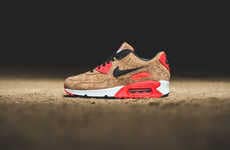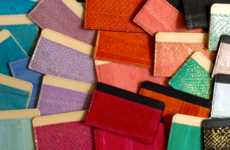

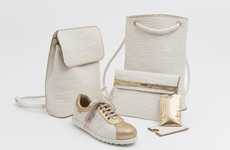

Brands turn to fruit-based alternatives to form faux leather products
Implications - Fruit-based alternatives to leather products, or the synthetic materials most often used to make faux leather, are quickly overtaking their less eco-friendly counterparts. Innovations in the way these materials can be processed has resulted in fashion products made up of faux leather that is more genuine in feel and aesthetic. This shift ties into consumers' desire to prioritize their preferred tastes, while still aligning their purchase decisions with their values.
Workshop Question - How does your brand prioritize both design and consumers' personal principles?
Trend Themes
1. Fruit-based Alternatives - Fruit-based alternatives to traditional leather are on the rise, providing eco-friendly, biodegradable alternatives for the fashion industry and beyond.
2. Upcycling Cradle-to-cradle - Companies are using upcycling cradle-to-cradle processes to create sustainable, animal cruelty-free materials for luxury goods like handbags, shoes, and more.
3. Conscious Consumerism - The demand for natural and synthetic alternatives to materials made from animal hides is driving the development of unique leather substitutes, created from everything from pineapples to grapes and kombucha.
Industry Implications
1. Fashion - The fashion industry is transitioning towards eco-friendly and vegan materials, with unique leather alternatives gaining popularity.
2. Upholstery - Leather alternatives created from fruit-based waste products have promising applications in the upholstery industry, providing eco-friendly options for furniture and accessories.
3. Luxury Goods - There is a growing trend towards sustainable, animal cruelty-free materials in the luxury goods market, driving the development of innovative leather substitutes for high-end products like handbags and shoes.
5 Featured, 33 Examples:
160,848 Total Clicks
Date Range:
Mar 16 — Jan 18
Trending:
Warm
Consumer Insight Topics:
